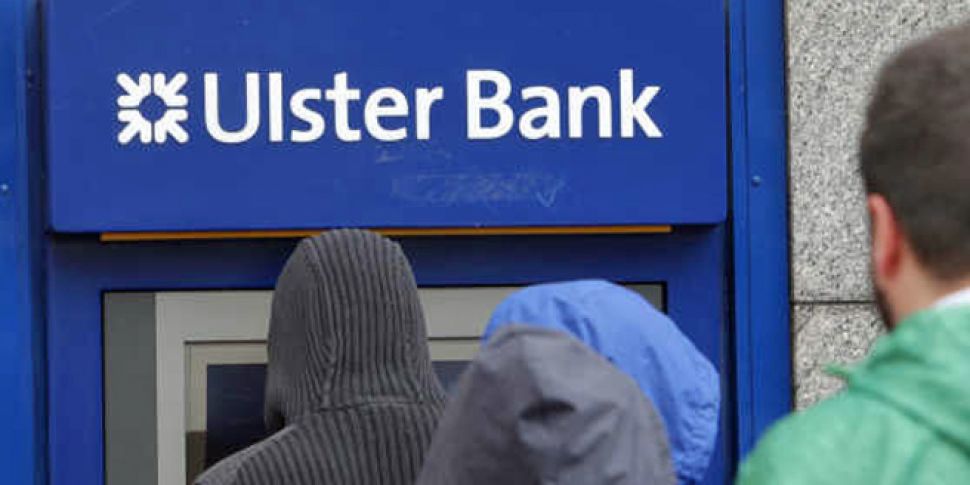The Central Bank has imposed a €3.3m fine on Ulster Bank after the financial institution broke a number of rules contained in the Criminal Justice Act 2010 - which were enacted to counter money laundering and terrorist financing.
Ulster Bank has declined to comment on the ruling - and the Central Bank has not indicated whether any laundering or activity related to the financing of terror groups actually took place.
The breaches, which took place over a period of six years to 2016, occurred in three critical areas:
-
Ulster Bank largely contracted out its compliance management in this key area, largely to other subsidiaries of its parent bank, RBS of Scotland and the Central Bank found that service and governance agreements under these outsourcing arrangements weren’t robust enough.
-
The bank failed to carry out adequate risk assessments of its money laundering and terrorist financing framework for a period of over two years.
-
And Ulster failed to carry out sufficient due diligence or background investigation either of new customers it took on after the 2010 Act or of existing customers at that time. For instance, the Bank provided new products to 65,000 pre-Act customers without completing the customer due diligence assessments stipulated by the Act.
Director of Enforcement with the Central Bank Derville Rowland, said: "Robust frameworks, systems and controls must be the cornerstone of credit and financial institutions’ compliance with anti-money laundering legislation. Weaknesses in anti-money laundering controls expose the Irish and global financial system to abuse and threaten to undermine its stability.
"In today’s global environment, the threat of money laundering and terrorist financing requires credit and financial institutions operating in Ireland to rise to the challenge of managing and mitigating these risks," she commented.
Ms Rowland added that Ireland's retail banking sector is particularly exposed to the risk of these activities taking place:
"It is incumbent upon our retail banks to counter the threat of money laundering through robust anti-money laundering frameworks, systems and controls. Retail banks are the lifeblood of the Irish financial system, providing essential banking and financial services for millions of consumers and businesses daily. The sheer volume and range of transactions processed exposes the Irish retail banking sector to an increased threat of money laundering and terrorist financing. Retail banks must counter this increased threat head on.
"Ulster Bank Ireland’s breaches are especially concerning as they point to unacceptable weaknesses in key aspects of its anti-money laundering framework, systems and controls over an extended period of time," she concluded.









